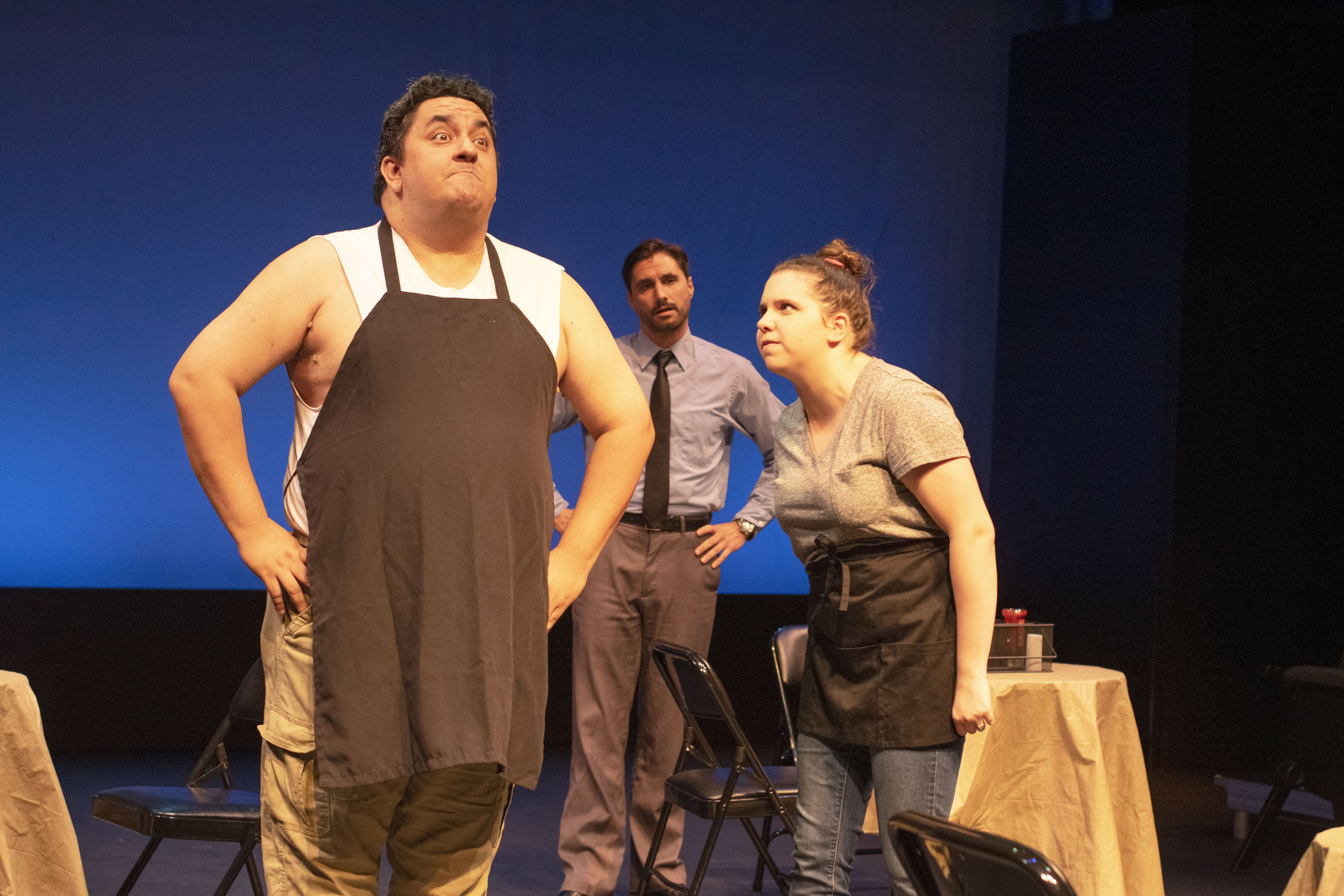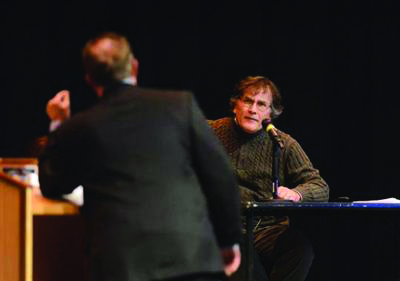
By Kaye Burnet | Editor-in-Chief
Updated 12:25 p.m. Feb. 2
The Pittsburgh Water and Sewer authority has lifted its boil water advisory that affected almost half the city, including Duquesne University and its surrounding neighborhoods, according to a release issued by the PWSA around noon Thursday.
According to the release, the PWSA presented the Pennsylvania Department of Environmental Protection with evidence Wednesday night showing that there were now sufficient levels of the disinfectant chemical chlorine in the water supply, and “water of concern” had been eliminated from the system.
PWSA Interim Executive Director Bernard R. Lindstrom had the following message for the residents of Pittsburgh: “PWSA sincerely appreciates the public’s patience and apologizes for the massive inconvenience that resulted from the precautionary flush and boil water advisory. We realize this incident created hardships for residents of the city, but know that our main goal at PWSA is, and will continue to be, providing safe drinking water to our customers.”
______________________________
Updated 9:50 a.m. Feb. 1
On Wednesday morning, the PWSA continued the boil water advisory and set up 11 water distribution stations, according to the Pittsburgh Post-Gazette. The nearest station to Duquesne University is Fire Station 10, at 2501 Allequippa St., in West Oakland. The PWSA will test the water every four hours until the advisory can be lifted.
_____________________________
The Pittsburgh Water and Sewer Authority (PWSA) issued a statement Tuesday afternoon cautioning more than 80,000 Pittsburgh residents to boil their water before consuming it, due to “insufficient disinfection” at Pittsburgh’s Highland Park water reservoir. The affected customers include Duquesne University and the surrounding Uptown neighborhood, according to the interactive map provided by the PWSA.
Duquesne students residing on campus or in Uptown, Downtown, Shadyside, Oakland or other affected areas should let their tap run for one minute before collecting the water, then boil the water and let it cool before consuming it, according to the PWSA. Any water used for preparing food, brushing teeth, drinking, or washing dishes should be boiled first.
A Duquesne Police officer said the police are working to send out a notice to students. She could not comment on whether the water being used for dinner preparations at on-campus dining locations, operated by Parkhurst Dining, was being boiled, as of 6 p.m. on January 31.
University spokeswoman Rose Ravasio said, “Parkhurst is currently working to obtain an alternate supply of water, and will modify Duquesne’s menus accordingly based on water availability.”
According to the PWSA Twitter account, “the temporary flushing and boil water advisory is a precautionary measure to ensure the safety of our drinking water.” There is no indication yet when the advisory will be lifted. Stay with The Duke for more information.



